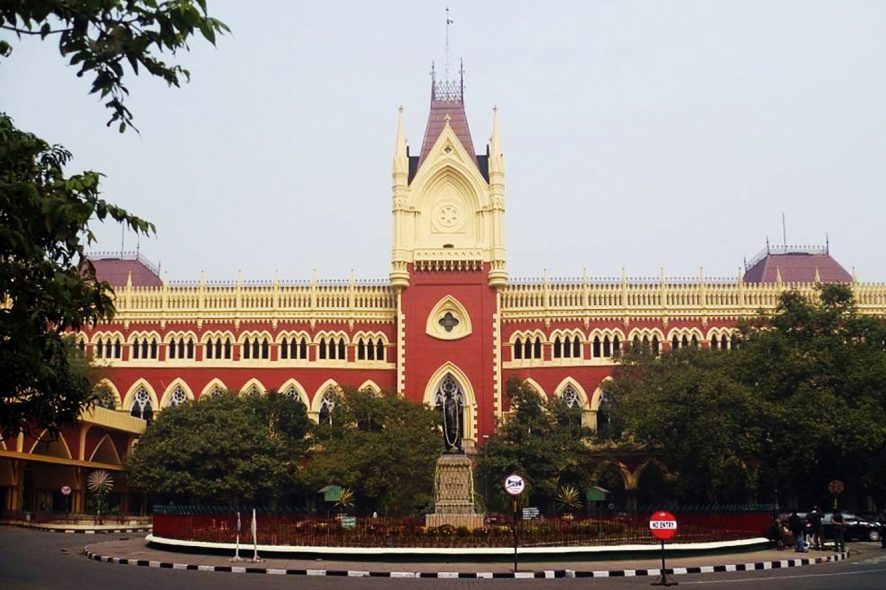Calcutta High Court: A Division Bench of Joymalya Bagchi and Ravi Krishan Kapur, JJ. allowed an appeal filed against the order of the trial court whereby the appellant was convicted for committing the offence of criminal conspiracy punishable under Section 120-B IPC, and also under Section 216-A IPC for harbouring robbers or dacoits.
The matter related to the incident of dacoity and rape of a man committed in a convent school in Ranaghat, W.B., on 14-3-2015. The appellant was a relative of one of the accused persons. It was alleged that the accused persons, after committing the ghastly crime of dacoity and rape, stayed at the residence of the appellant. He was, thus, charged with the offence of harbouring the accused dacoits. The appellant was convicted as above mentioned two offences. Aggrieved thereby, he filed the instant petition.
The High Court noted that the accused were staying at the house of the appellant as they were there to attend a marriage. Reliance was placed on State v. Nalini, (1999) 5 SCC 253, wherein the Supreme Court had held that more association with one of the principal offenders or even knowledge about the conspiracy cannot make a person a conspirator. It is the agreement which is the sine qua non of the offence of conspiracy. Considering the evidence in the instant case, the High Court was convinced that the necessary ingredients of crime of conspiracy were not proved against the appellant and, hence, his conviction under Section 120-B IPC was quashed.
Coming to the offence under Section 216-A IPC, the High Court noted that the ingredients of the offence of harbouring robbers or dacoits: i) that the persons in question were about to commit or had recently committed robbery; ii) that the accused knew this; iii) that the accused harboured them or some of them; iv) that the accused did so with the intention of – (a) facilitating the commission of robbery or dacoity, or (b) screening them or some of them from punishment.
It was observed by the Court: “…penal liability would not be attracted if a person harbours dacoits in general and it must be proved that he had harboured such dacoits who intended to commit a ‘particular dacoity’.”
Considering the evidence, it was held: “Knowledge of the appellant with regard to dacoity conducted at the convent does not appear to be proved beyond doubt as evidence of P.W. 11 is too vague to be convincing and the other evidence on record do not inspire confidence to come to such conclusion.”
In such view of the matter, the Court held that the accused was entitled to be acquitted and therefore, the conviction of the appellant as recorded by the trial court was set aside.[Gopal Sarkar v. State of W.B., 2019 SCC OnLine Cal 5112, decided on 20-12-2019]


